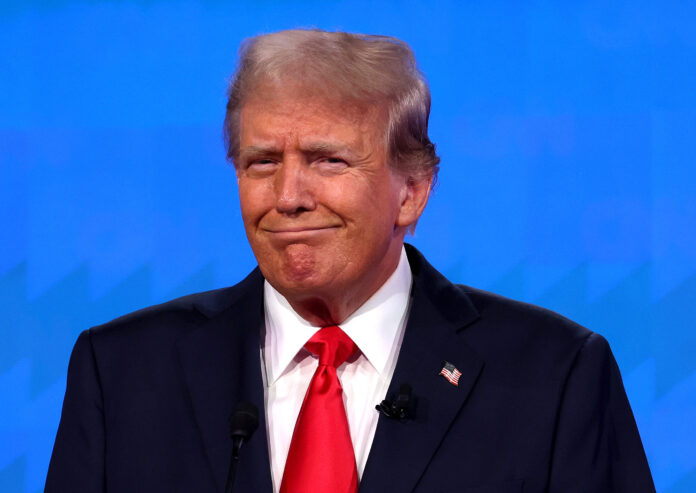Key Falsehoods or Claims: The article “I think I figured out the ‘4D chess’ Trump is playing with the world” in The Washington Post discusses the idea that President Trump’s erratic behavior and controversial statements are actually part of a deliberate strategy to outmaneuver his opponents. The author argues that Trump’s seemingly chaotic approach is actually a carefully calculated move to keep his opponents off balance and maintain control of the political narrative. However, this narrative does not align with the reality of Trump’s presidency and his often impulsive and contradictory actions.
Source Bias: The Washington Post is generally considered to have a left-leaning bias. However, the article itself is an opinion piece, which allows for a certain degree of subjectivity. It is important to read it with a critical eye and consider alternative perspectives.
Analysis of Impact: The promotion of the idea that Trump’s controversial behavior is part of a strategic master plan may shape public opinion by creating a narrative of Trump as a cunning and strategic leader rather than a chaotic and unpredictable one. This can potentially influence individuals who are undecided about Trump’s leadership style and impact their views on his fitness for office. The article poses a threat to our democracy by potentially normalizing or justifying erratic and divisive behavior in politics, which can further erode trust in political institutions and undermine democratic norms.
Hypothetical Scenarios: If the narrative of Trump’s behavior being part of a deliberate strategy gains traction, it could lead to increased polarization as individuals interpret his actions through the lens of this narrative. Additionally, it may affect voter behavior by influencing perceptions of Trump’s leadership style and potentially swaying undecided voters.
Further Reading: For further reading on the impact of media on public opinion and the spread of misinformation, reputable sources such as the Pew Research Center, Harvard’s Shorenstein Center on Media, Politics, and Public Policy, and the Columbia Journalism Review provide valuable insights into these topics. Additionally, studies on the psychological effects of misinformation and conspiracy theories can offer a deeper understanding of how these falsehoods shape public opinion.
Source link
Redirect URL
